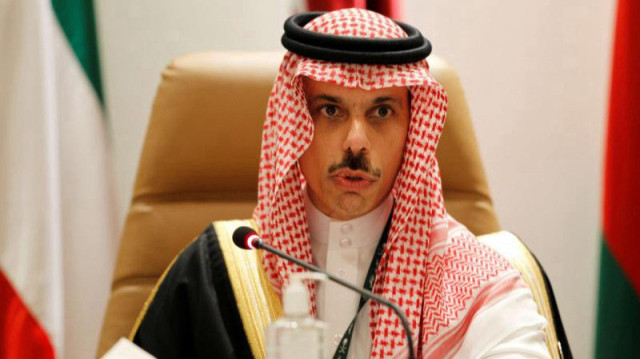International Discontent Over Trump's Gaza Proposal
A controversial proposal by President Trump regarding US control over Gaza and forced displacement of Palestinians has drawn strong criticism from Europe and worldwide.
Published February 07, 2025 - 00:02am

Image recovered from shorouknews.com
The controversial proposal by US President Donald Trump to seize control over the Gaza Strip by relocating its inhabitants to other areas has sparked significant international backlash. This move, considered a major violation of international law, has been soundly rejected by various global powers, raising serious concerns about regional stability and further complicating the Middle East peace process.
France has been particularly vocal in its opposition to Trump's suggestion. The French government, through statements by its Foreign Ministry spokesperson Christophe Lemoine, has reaffirmed its strong stance against any forced displacement of Palestinians, describing it as a violent breach of international statutes and a blatant attack on Palestinians' legitimate aspirations. The French authorities have stressed the significance of the two-state solution as the only viable long-term path to achieving peace and security for both Israelis and Palestinians. The relocation and control plan, according to France, jeopardizes the core tenets of this peace vision by introducing a third-party control dynamic in the region.
Other European nations have echoed France's sentiments, articulating clear distaste for Trump's envisioned plans. In the UK, Foreign Secretary David Lammy has underlined the necessity for Palestinians to flourish in their own homeland, both in the Gaza Strip and in the West Bank. Lammy highlighted that measures which undermine Palestinian stability could not be condoned, reinforcing the importance of the two-state solution.
Germany also criticized the proposal through statements by Foreign Minister Annalena Baerbock, who insisted that Gaza belongs to the Palestinians and that expelling them would not only contravene international law but also spark further unrest and resentment. Baerbock emphasized the necessity of inclusivity in any resolution of the Middle East conflict.
Spain has joined the chorus of opposition. Spanish Foreign Minister José Manuel Albares declared unequivocally that Gaza is Palestinian land and that its residents must remain there. The Spanish government insists on the coexistence of Gaza as part of the future Palestinian state, advocating for peace and prosperity that would benefit both Palestinians and Israelis.
The widespread disapproval extends beyond Europe. Russia, through Foreign Minister Sergey Lavrov, criticized the displacement plans as indicative of a disregard for United Nations Security Council resolutions. This sentiment was shared by China. Chinese officials have consistently upheld the notion of Palestinian governance in Gaza, stressing the need to return the Gaza situation to constructive dialogues post-conflict.
A large section of the American public has also mobilized against Trump's proposal. Pro-Palestinian activists rallied in front of the White House, emphasizing that Palestinian territory is not available for bargaining and should remain with its rightful residents. This response from peace activists in the United States highlights the global grassroots opposition to measures perceived as unethical or imperialistic.
Donald Trump's proposition portrays an ambition to rebuild Gaza with economic incentives, pitching economic regeneration with endless employment and housing opportunities. However, critics argue that the ethical and legal implications far outweigh any economic vision. The relocation plans have drawn fierce denouncements for appearing to endorse ethnic cleansing and ignore the lives and rights of over two million Palestinian residents in Gaza.
With global powers uniformly dissenting, pressure mounts on the United States to reassess this controversial approach in Gaza. The unanimous disapproval underscores fundamental global principles of state sovereignty and respect for human rights, reflecting a broad consensus on the elements that should shape peace processes in the Middle East.






